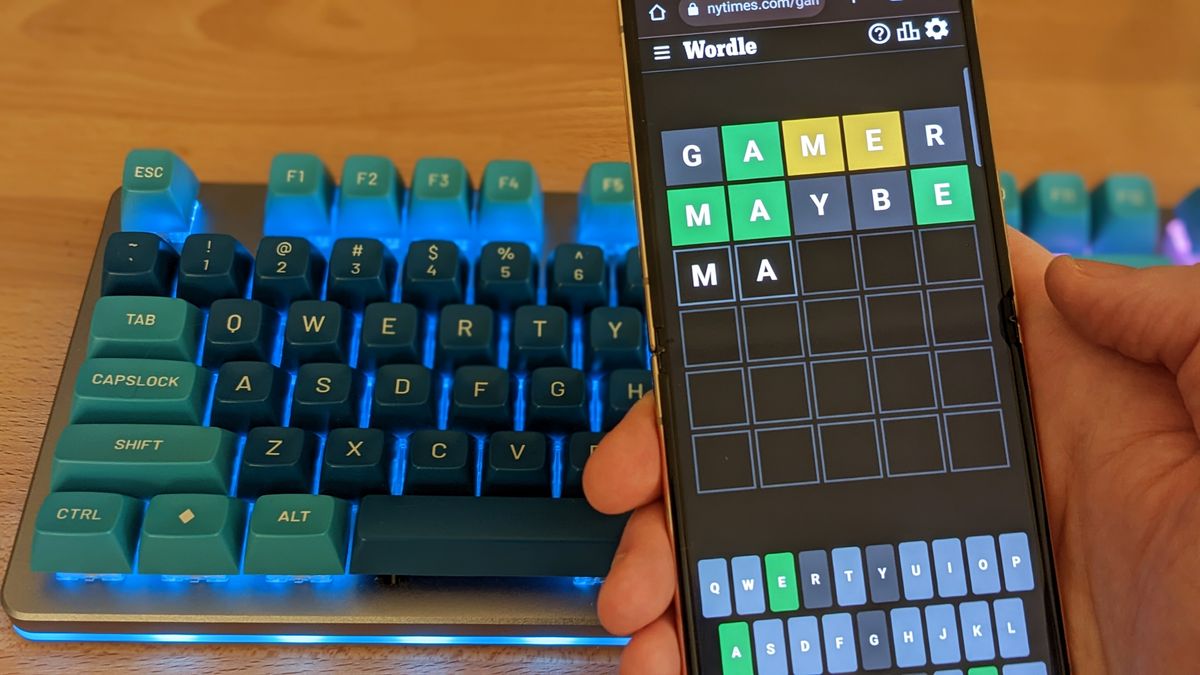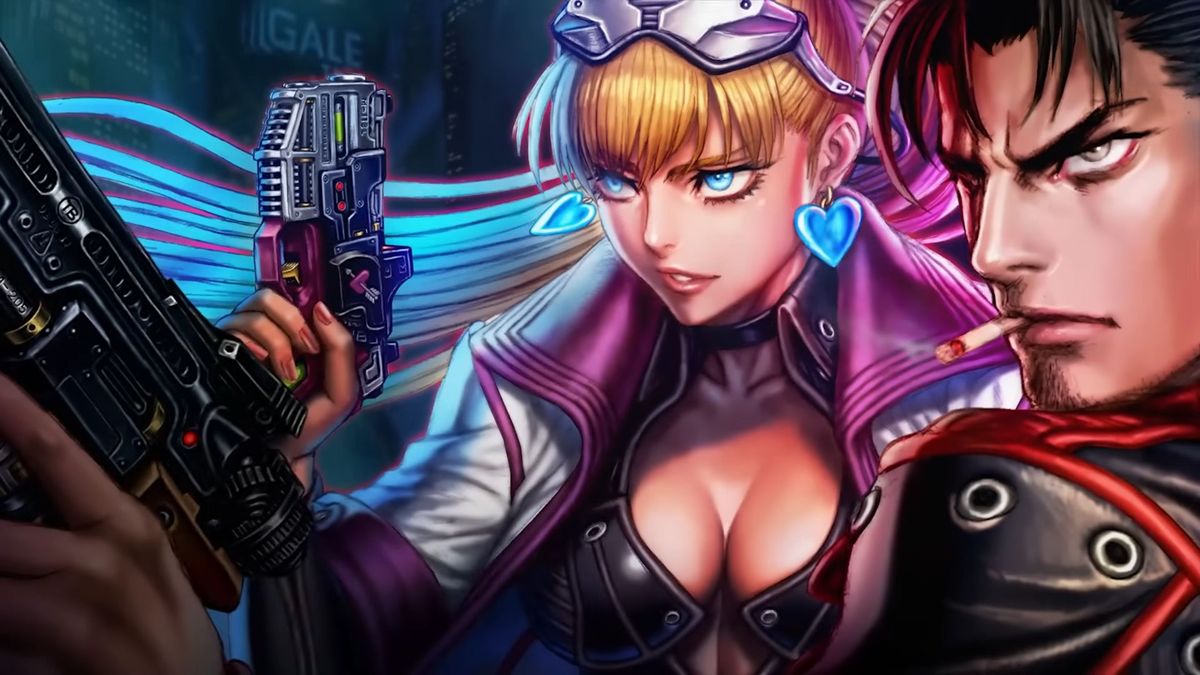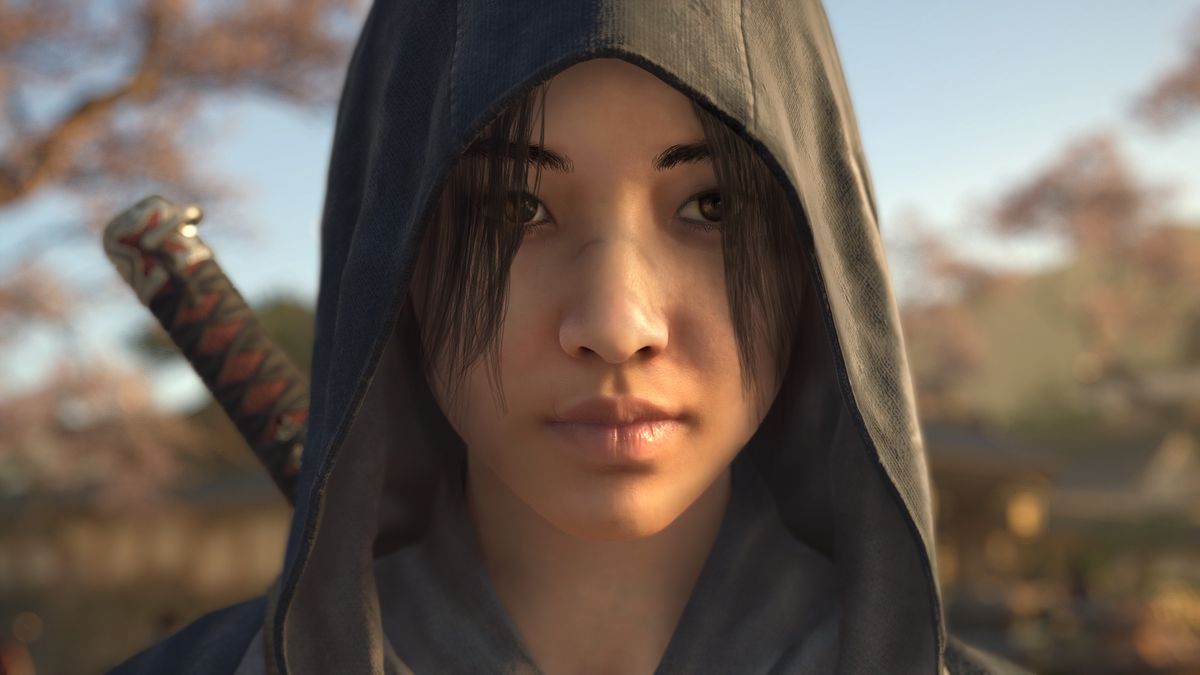The end of one year and the beginning of another is my favorite time to catch up on the pile of books on my bedside table. In late December, the nights are dark, the cocoa is hot, and the blankets are cozy, making it oh-so easy to sink into the pages of a coffee-table book full of comforting pixel art. By January, I have that annual urge for self-improvement motivating me to learn something new, like the broadly forgotten histories of long-dead gaming companies.
Perhaps, if you’re like me, then you’ve begun to sift through the stacks at your local library or surf through your online bookstore of choice. But what to pick? Throughout 2024, I devoured a bounty of gaming books. I’ve narrowed the collection down to six that should appeal to every reader, whether you prefer your gaming books oozing with art and design or loaded with academic research and theory.
$39
Plenty of books extol the beauty of video game pixel art. Few do so as beautifully as The Unofficial GBA Pixel Book. Originally released by German publisher Elektrospieler, Bitmap Books’ English-language edition has an exceptional design in which panoramas of pixelated worlds sprawl from one page to another.
To put the book in numbers: 240 games, 300 pages, and nearly 4,000 screenshots. I don’t want to discount the writing — it’s an enjoyable time warp to millennium-era handheld gaming — but for me, the book belongs on a coffee table where guests with a casual interest in games can flip through the pages and rediscover a forgotten passion.
$24
Full disclaimer: Play Nice author Jason Schreier is a peer and a friend. Even without Polygon’s ethics policy, Schreier would demand transparency. The former Kotaku and current Bloomberg reporter has earned a reputation for rigorous reporting in the video game industry. When a studio closes, Schreier’s often the byline you expect to see atop the behind-the-scenes story.
With Play Nice, Schreier guides the reader through the dramatic history of Blizzard Entertainment, one of gaming’s most successful and powerful developers. If you have ever lost months to World of Warcraft, StarCraft, or Overwatch, you’ve experienced the craft that goes into the studio’s work. This book reveals the human ingenuity, creativity, and conflict that made them possible — and ultimately led to the studio’s more recent high-profile controversies.
$16
Everyone knows the story of Animal Crossing: New Horizons, the Nintendo Switch game that spread through mainstream pop culture in the early days of the COVID-19 pandemic. Far fewer people know the series’ origins, first as the 2001 N64 game Dōbutsu no Mori, and then as Animal Crossing, its 2002 English-language GameCube port.
The book features a mix of history, analysis, and lived experience. Want to know about the many variations of the original game? Do you wonder how “communication” mechanics got localized across languages and cultures? Or are you merely curious about what differentiates the early Animal Crossing from its modern sibling? The answers are here.
Bless author Kelsey Lewin, who somehow organizes time to co-own the beloved Pink Gorilla Games shops, support the video game history and preservation scene, evangelize the all-but-forgotten Wonderswan, and write an entire book about this Nintendo classic.
$50
Citizen Sleeper tells the story of a human trapped within a machine body that has been designed to fail. Or, in the game’s futuristic, capitalistic dystopian language: You’re destined for “planned obsolescence,” like a 10-year-old iPhone with a soul.
Citizen Sleeper: Design Works is the opposite, a book that feels timeless, sturdy, and built to provide beauty and comfort should it be discovered in the rubble of a future apocalypse. We’ve come to expect this craftsmanship from Lost in Cult, a publisher that — in the form of deluxe editions — creates elaborate experiences that allow fans of a game to experience its magic in a new fashion. The various editions of this book, for example, include dice that channel the game’s tabletop play style, a vinyl of its moody music, and even a 78-card tarot deck.
But the standard edition, for most folks, will do just fine. Because Citizen Sleeper is unlike 99% of the games you play, and to get a peek behind the curtain of such an inventive creation is a rare treasure.
Critic Alexis Ong opened Polygon’s review of the game with this line that captures the experience of Citizen Sleeper in so few words: “Partway through Citizen Sleeper, I realize that the closest thing I have to real kin on this entire space station is trapped inside an ancient vending machine.”
$30
For a time, the Commodore 64 lived comfortably atop the video game industry, alongside names like Atari, Nintendo, and Sega. This raises a question for modern readers, one noted at Polygon by analyst Ryan Rigney: “Why is the C64—by far the best-selling home computer of the 80s—so often forgotten in video game histories?”
The answer is more complicated, strange, and enthralling than you can imagine. Consider this your chance to fill in a glaring gap in the hearts and minds of video game enthusiasts young and old — without actually having to play Commodore 64 games, a test of endurance and skill that would terrify those of us accustomed to the creature comforts of today.
Whether you read the book or not, be sure to visit Rigney’s review. Author Jesper Juul is one of the great gaming thinkers and historians, and the Polygon piece captures what makes his work so vital.
$60
Your house is on fire and you only have time to grab one book on Intellivision. Which do you choose? This one, obviously! Tom Boellstorff and Braxton Soderman have produced a door stopper, a 432-page history of Atari’s rival in the home video game market of the late ‘70s and early ‘80s. The authors conducted a whopping 150 interviews with people involved in every aspect of Intellivision’s creation, life, and death. Plus, they dug through private and academic archives to unearth history and data that’s been forgotten for nearly 40 years.
The Intellivision embodies a different time in video games, in which software had more in common with toys and console makers with toy industry titans. The authors wisely spend much of the book exploring this overlap between games and children’s disposable novelties — and how decisions made at this moment would harden the foundation for the gaming industry to come.
Just one addendum: If your house is on fire and you grab this book, maybe take a moment to put on a back brace first. Or consider a cart. Actually, you know what? Call the fire department.

 1 day ago
3
1 day ago
3




















 English (US) ·
English (US) ·